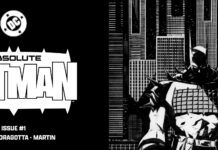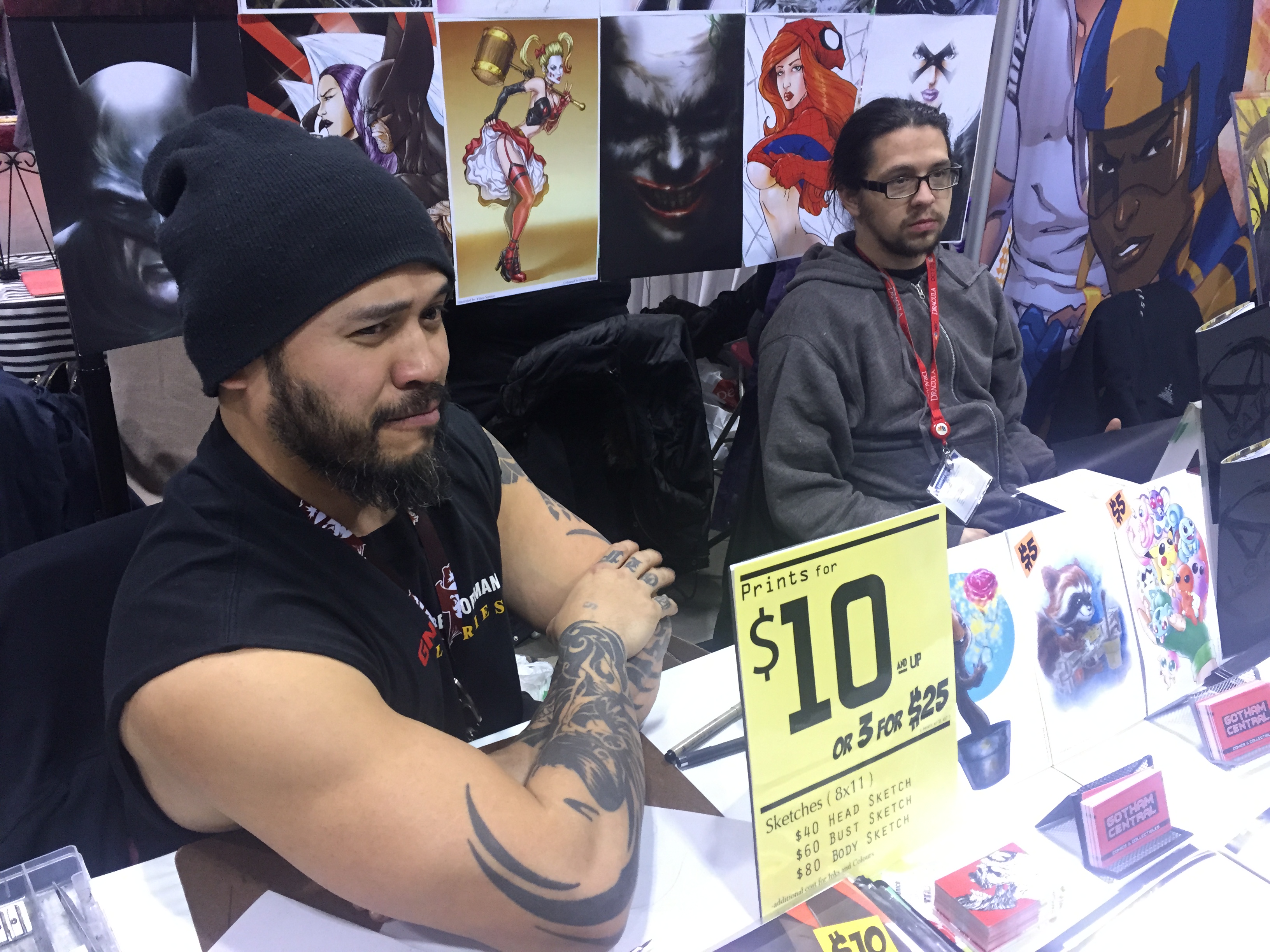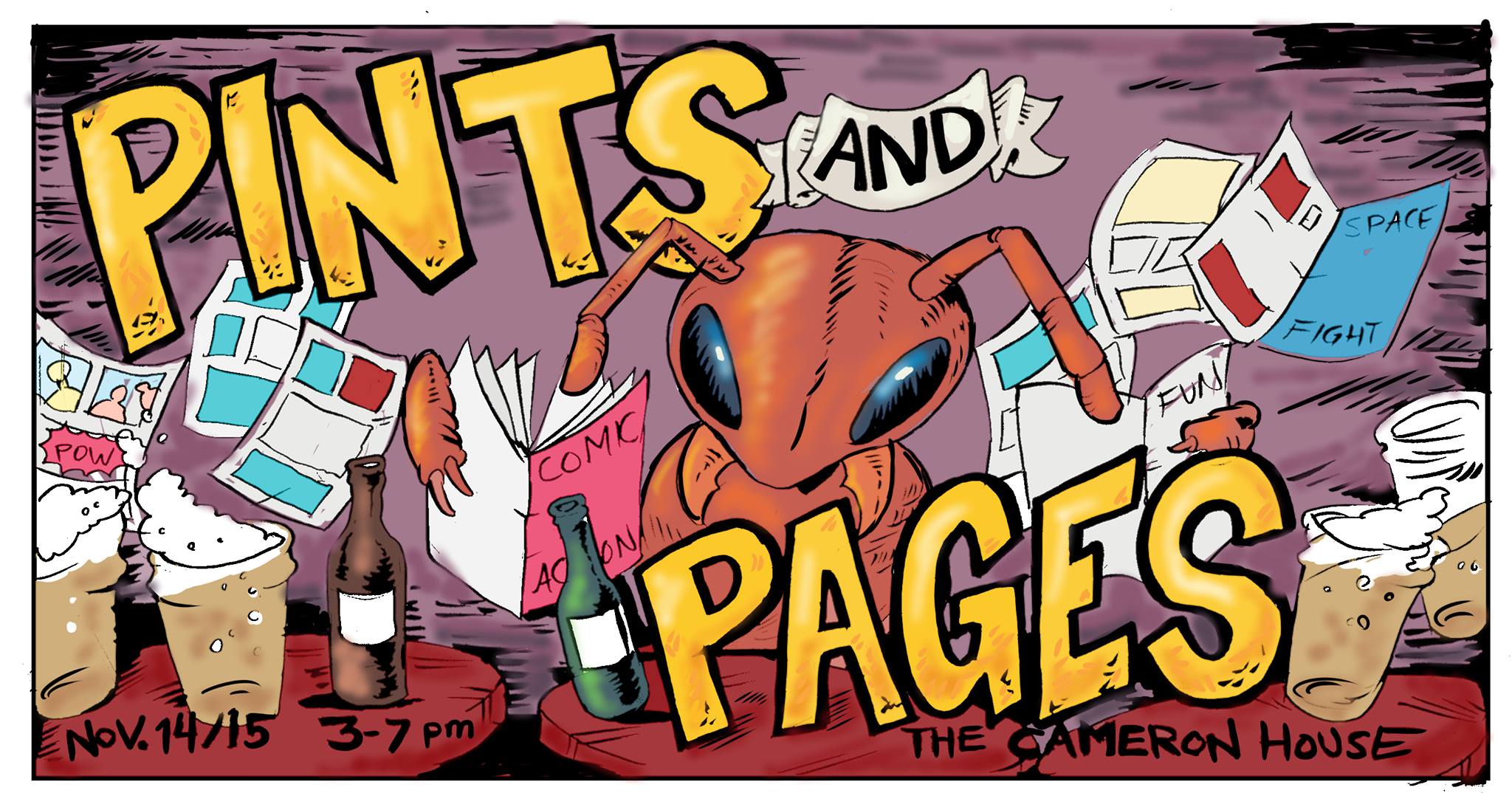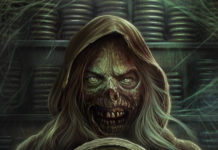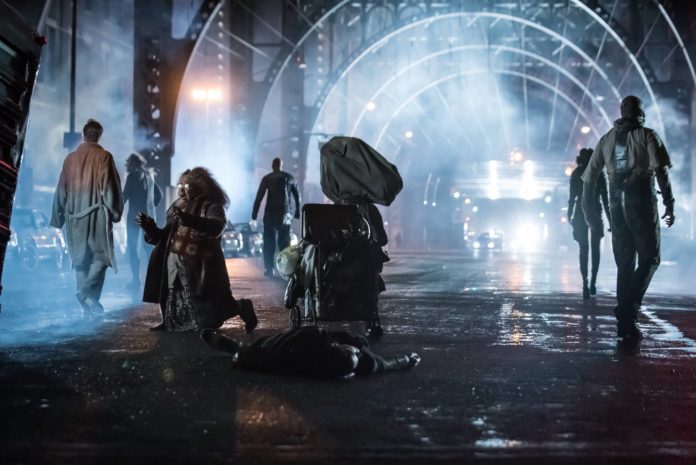
“Feeling alright? You look like a sack of fish.”
I’m sure Harvey wanted to say something else other than ‘fish’, but network censors and broadcast standards prevented him from doing so. His line, however, describes not only faux-Gordon’s behaviour, but Gotham’s season finale and the sophomore year in general. The purpose of a season finale is, as its title implies, to bring storylines to a close, tie up loose ends, and often contains a cliffhanger ending to be resolved in the next season. Finales also show how far a character has developed or not and allow us to see the consequences of characters’ choices. Newton was right, every action has an equal and opposite reaction, and the best television shows are the ones that present engaging storytelling with narratives deal with actions and consequences head on.
This really hasn’t happened with season two of Gotham, as we have experienced a multitude of meaningless subplots and conflicts that seemed to serve more as filler than push story and character development further. The result was a rather long and meandering traipse through Gotham City that attempts to show the iceberg-beneath-the-surface of growing threats, with a full court press on showcasing villains after season one’s introduction to the seedy underbelly of the city. “Rise of the Villains” and “Wrath of the Villains” have subtitled the first and second halves of the season, respectively, but is that enough to make Gotham feel like a real dangerous place to live and work?
After viewing “Wrath of the Villains: Transference”, to paraphrase my Magic 8 Ball, all signs point to ‘No’. It’s only at the end of the episode when we see the eponymous villains unleashed onto Gotham, enough of a teaser to maintain interest until season three premieres in the autumn. And the only clear face we see is that of a long-haired, Goth Bruce Wayne à la Chris Gaines. Garth Brooks ought to receive some royalties, lest he sue for copyright infringement. But that isn’t enough to make Gotham feel lived-in; what we get instead are snippets with Firefly, Hugo Strange, Mr. Freeze, and in the last two episodes, the Court of Owls, though they are only referred to as a “secret council” that pulls the strings from the shadows. One of the largest criticisms about “Transference” and the season in general is the lack of meaningful stakes, or what we are served as “meaningful stakes”. Bruce learns about the Court, Fish escapes Indian Hill with Strange’s experiment patients, and Gordon’s guilt (which we haven’t seen much of) disappears and, like Joe Cocker, he’s feeling alright. But that’s not enough, and nor should it be; it’s yet another example of how the show teases future villains and builds up their future importance, as if the anticipation is more important than the payoff.
Fish Mooney’s escape exemplifies that sentiment perfectly, as we get glimpses of blurry patients scurrying out of the bus and enveloping Gotham like a new plague. We are manipulated into believing this is a huge moment, a memorable moment, but in reality it’s a modern bread and circuses; the producer’s efforts to keep the audience satiated and entertained without asking the deep questions. Far too often we’ve seen villains paraded out to fanfare only to have them benched, killed or marginalized; to have the audience see a blurry menagerie of faceless experiments gone wrong wander off and have said audience schmooze about it in the Twitterverse for the next several months in salivating anticipation is high hopes to say the least.
Things can only get better, sang Howard Jones, but not in this case. Another central idea in this season is guilt – Gordon’s guilt for the most part, but others also feel a twinge of it as well. This episode establishes Strange’s abominations and the Court of Owls as threats to Gotham; these threats are the keystone that holds “Transference” together. That’s the big bad, the menacing threat to Gotham. That’s why Bruce and Lucius need to escape, why Jim needs to escape and take care of faux-Gordon, why Strange would rather die with his super bomb than face his patients on the outside. But if this is a threat the likes of which Gotham has never seen, why is Gordon leaving to search for Lee?
This is where things get silly. Gordon realizes, after being dosed with Honesty Serum (it might as well have been ACME Honesty Serum, but I imagine Wile E. Coyote already bought it) that he needs Lee and should have gone after her upon his release from Arkham. While in a larger sense, Gordon’s revelation is not unfounded, but it comes off as contrived and he really didn’t need Strange’s help to admit it. And Gotham dropped the ball on the Gordon/Lee story right from the start; there was never any genuine fusion of their story with the main plot and this was a means of tying up a loose end that was frayed from the get-go.
It’s as if everything that happened prior has been forgotten; Lee left because Gordon killed Galavan. That’s the reason for his guilt and dissolving morality, why his soul is corrupted, making him more like Strange’s experiments than he would like to admit. But that whole storyline is tossed aside with casual indifference; had Gotham made the whole season a lengthy dream of Lee’s, I would have at least applauded the show for its homage to Dallas, but since the entire season made such a not-so-subtle point of hammering home the idea that Gordon’s moral descent was the important element, one would expect to engage with his guilt on some, any kind of meaningful level in the past twenty-two episodes. Sadly, that didn’t happen; rather, we were expected to invest in Gordon’s struggle only to have it swept under the rug and move on to the next faux-gravitas moment of the week.
That seems to be the flaw of “Transference” and the season as a whole; a collection of moments that have no connective tissue to the larger story arc. What we have instead are moments that are supposed to provide suspense and tension but build on neither. How are audiences expected to fear for Bruce’s life when Nygma threatens to release poison gas? As mentioned before, we know he won’t die, so why make the threat? Threats that cannot be backed up are meaningless and those that make the threats lose credibility. Not even a literal ticking clock was able to raise the stakes in terms of conflict and tension. And how is it only Babs can figure out faux-Gordon for who he is? I do love the really cool moment when she slaps his face right off his face but it seemed like an excuse to get her in the episode, a move that was oft-repeated throughout the season with many characters.
Is Gotham in a worse place than it was at the end of season one? No, but when I consult the Magic 8-Ball about whether the show will be in a better, more meaningful and engaging place in season three, the response is, “Cannot foretell now”.
Tune in next time – same Bat-time, same Bat-channel.



